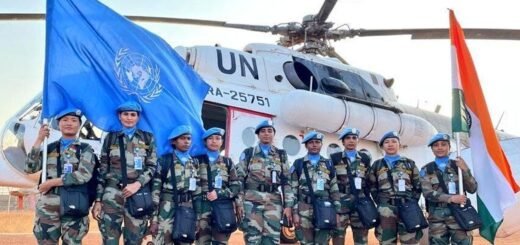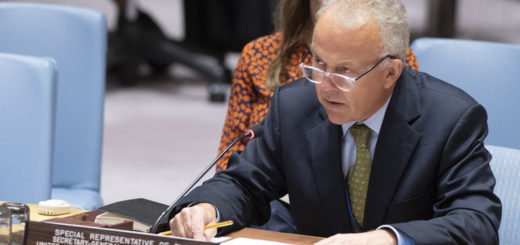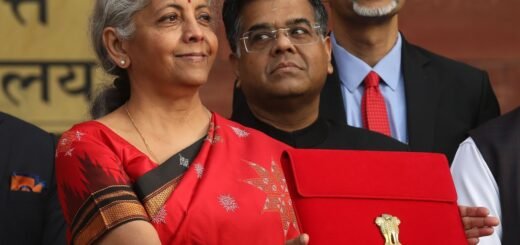India-EU Human Rights Dialogue: A recapitulation

The 9th India-European Union Human Rights dialogue concluded on 12th April 2020. The official statement released by the Ministry of External Affairs stated that the dialogue was in accordance with the decision taken at the 15th India-European Union Summit in July, last year. Human Rights check across nations has become a detrimental element while fostering bilateral as well as multilateral relations. The priority given to the evaluation of human rights, display the commitment towards ‘universality, indivisibility, interdependence and interrelatedness’ as stated in the official press statement. But the underlying moment that was much awaited in this dialogue was for the EU to evaluate the situation of human rights in India. Previously, the conglomerate of seven organizations which included-Amnesty International, Christian Solidarity Worldwide, International Dalit Solidarity Network, International Federation for Human Rights, Front Line Defenders, Human Rights Watch and the World Organization against Torture had appealed to the EU ahead of this dialogue to mention about India’s crackdown on the human rights in the recent times.
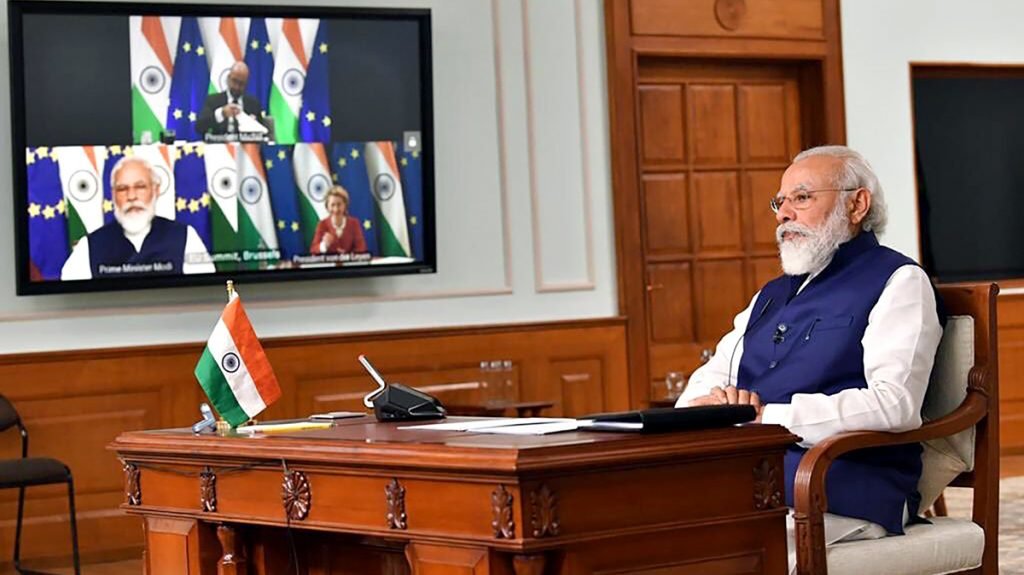
The conglomerate highlighted instances from the situation of the Kashmir Valley, the farmers’ protest which was at a peak at the point of time and the shutdown of Amnesty International were the major cause of concern. Eve Geddie, Head of Office and Advocacy director of the Amnesty International European Institutions Office stated, “The Indian government’s crackdown on civil society represents a grave breach of India’s national and international commitments on the rights to freedom expression, association and peaceful assembly.” She had also underlined that India which has started its 2-year membership to the United Nations Security Council is required to maintain a dignified standard of protecting human rights. The incidents of Kashmir Valley had always brought India to the limelight after the valley was bereft of internet and local leaders were on house arrest. Despite the several objections placed by international organizations and foreign friends. Addressing it as ‘an internal matter’, India has fallen short to reply to questions centred around human rights.
The human rights dialogue, however, mentioned no such instances but simply brought out the plans that India and the union shall be nurturing. The representatives from India and the EU focused on maintaining standards for the protection and promotion of human rights at the levels of the UN General Assembly and the UN Human Rights Council. As democracies of the world, the underlying principles in each of their missions must radiate ‘universality, indivisibility,
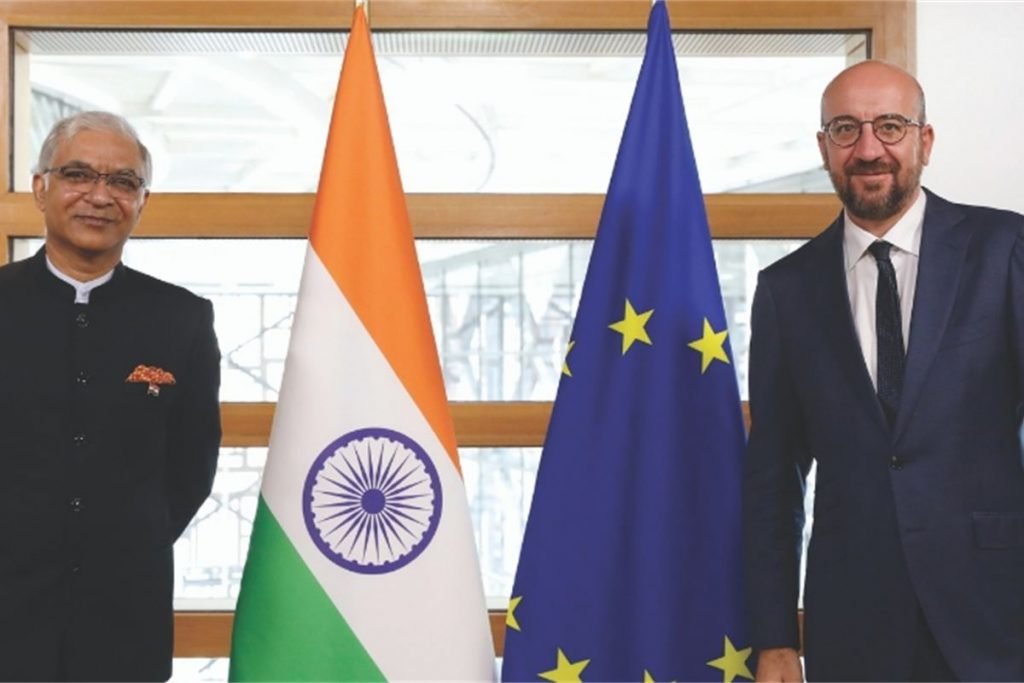
interdependence and interrelatedness’. “The two sides recognized the importance of strengthening the Human Rights mechanisms for the promotion of human rights and the role of national human rights institutions, civil society actors and journalists in this regard,” read the official press statement of the Ministry of External Affairs. Human Rights issues have become a sensitive agenda for most countries given they want to keep it restricted within the closures of domestic politics. However, as international players, it is imperative to call for a nuanced structure must address these systematic malfunctions.
The results of this dialogue between India and the European Union might bring out better cooperation in terms of promoting and protecting human rights, but the grass-root level agendas are the ones that need to be prioritized.



